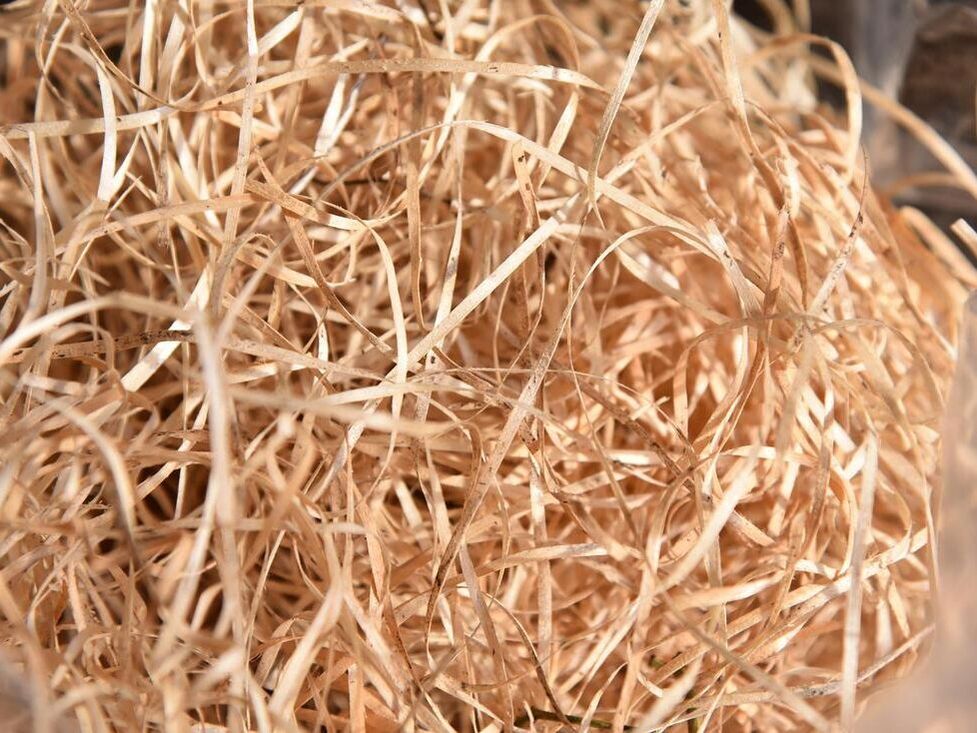
Wood wool, often referred as excelsior or wood sliver, is a multipurpose, eco-friendly material that has unearthed myriad applications in a range of industries. Obtained from timber, wood wool is basically fine shavings and strands of wood which are used for everything ranging from packaging to acoustics management. With sustainability at the forefront of global business practices, understanding and using materials like wood wool can be significantly beneficial for businesses looking to improve their environmental footprint while also enhancing product offerings.
The Production Process of Wood Wool
The journey of wood wool commences in the forest, where timber is carefully chosen to ensure sustainability and quality. Here’s a brief overview of the production process:
- Timber Selection: Only certain types of timber are suitable for producing high-quality wood wool. These are generally softwood varieties such as pine or spruce.
- Wood Cutting: The chosen timber is then cut into uniform lengths, usually around a metre long, which are then further processed.
- Shredding: The wood lengths are fed into specific machines that shred them into fine, curly strands. The thickness and length of these strands can be adjusted based on the intended use of the wood wool.
- Drying: After shredding, the wood wool is dried to reduce moisture content, which improves its durability and usability in various applications.
- Packaging and Dispatch: Finally, the dried wood wool is compressed and packaged for shipping to numerous industries and consumers.
Applications of Wood Wool in Business
Wood wool has become a favourite material in numerous sectors due to its biodegradable nature and versatility. Here are some key applications:
- Packaging Solutions: Wood wool is an superb packing material, particularly for fragile goods. Its natural resilience and cushioning properties protect products during transit.
- Erosion Control: In landscaping and agricultural industries, wood wool serves as an excellent erosion control medium, helping to stabilise soil and support seed growth.
- Acoustic Insulation: Because of its sound-absorbing properties, wood wool is used in acoustic panels and tiles in construction and architecture, enhancing sound quality in buildings.
- Animal Bedding: Wood wool offers a natural and comfortable bedding material for animals in veterinary clinics and pet care facilities.
- Horticulture: As a soil amendment, wood wool improves soil structure, boosting better root growth and water retention.
Benefits of Using Wood Wool
The adoption of wood wool brings many advantages, particularly for businesses focused on sustainability and product quality:
- Sustainability: Wood wool is made from renewable resources, making it an environmentally friendly alternative to synthetic materials.
- Biodegradability: Unlike plastic, wood wool is fully biodegradable, which reduces waste and landfill use.
- Cost-Effectiveness: It is generally more economical compared to other raw materials, which aids in businesses manage costs better.
- Versatility: Wood wool can be used across a wide range of applications, making it a useful commodity in diverse sectors.
Choosing the Right Wood Wool Supplier
When integrating wood wool into your business operations, selecting the right supplier is crucial. A reliable supplier ensures high-quality, sustainably sourced wood wool that meets your specific business needs. Consider factors such as the origin of the timber, the range of products offered, and the supplier's commitment to environmental get more info standards.
How Eden Products Can Help Your Business
Eden Products is a leading UK wholesaler and supplier of wood wool, celebrated for their commitment to quality and sustainability. Whether you are looking for here packaging solutions, acoustic materials, or horticultural aids, Eden Products supplies a broad range of wood wool products to meet your needs. With a focus on environmentally friendly practices and customer satisfaction, they offer tailored solutions that can help enhance your business operations and ecological footprint.
Comments on “What exactly is Wood Wool and Why Ought Your Business to Consider It?”